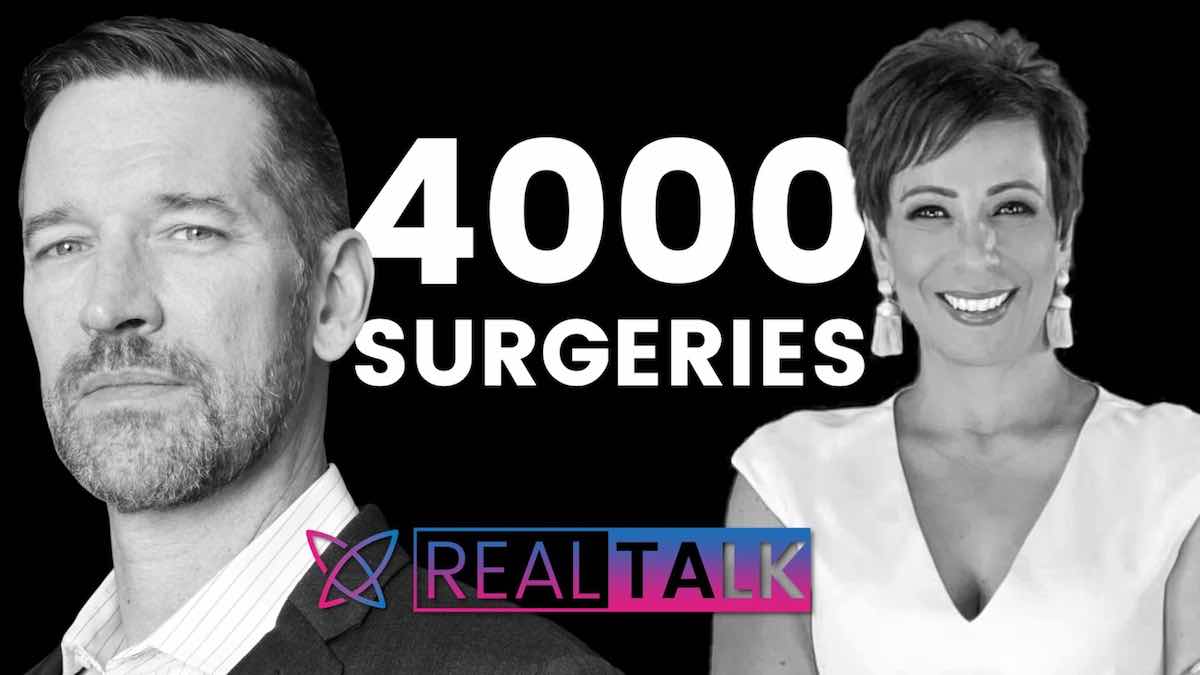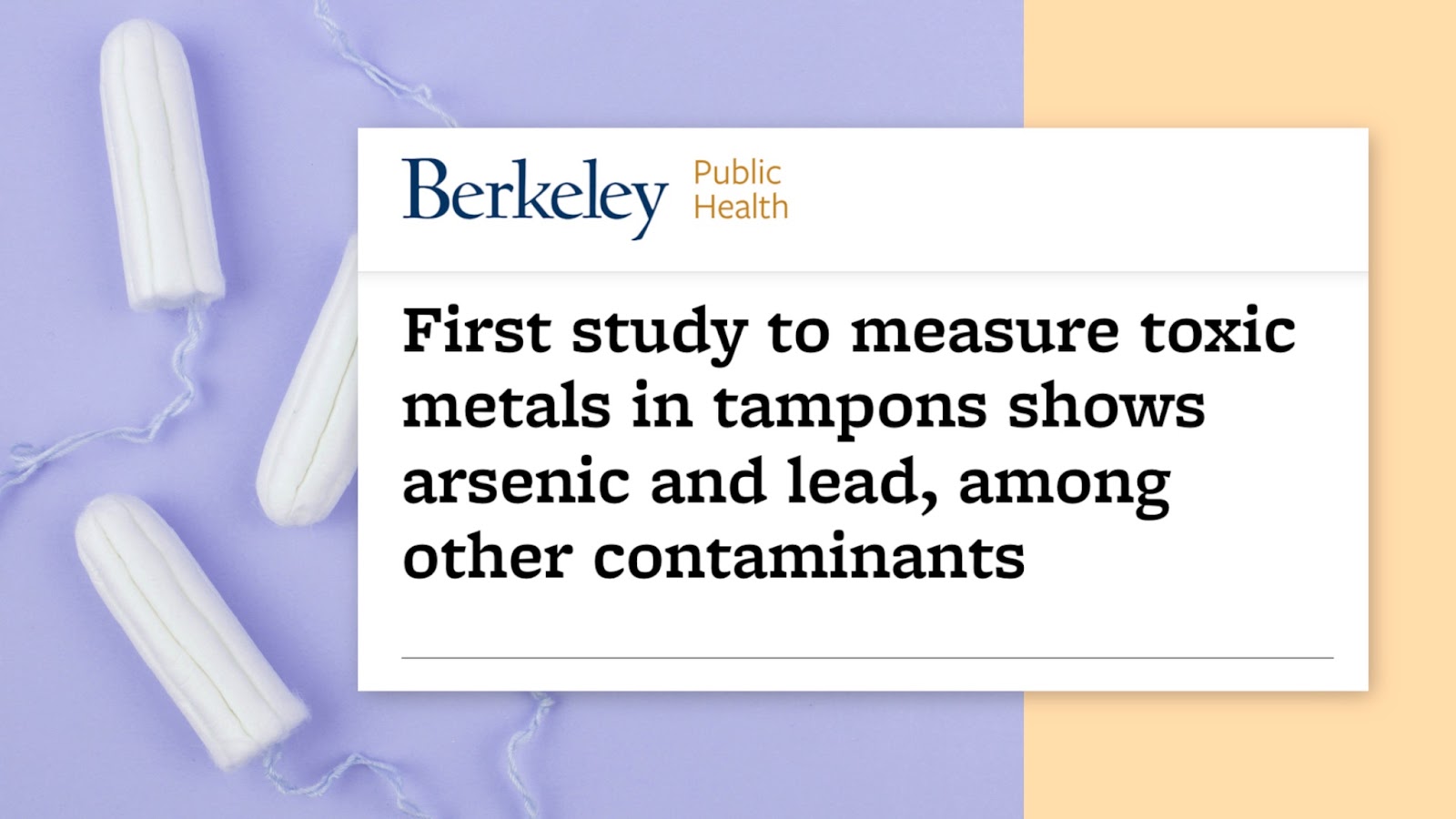Welcome back to the Dr. Rich channel. Have you subscribed yet? Go ahead and take a moment. Smash the sub button! Today’s topic is natural remedies for period pain and endometriosis.
Hi, I’m Dr. Rich — and my passion is to provide every woman with practical knowledge about the world of women’s health. By popular demand, today we’re discussing natural remedies for period pains and endometriosis. We’ll review all of the therapies, including dietary, exercise, supplements, and essential oils. And make sure you read until the end to find out what my number one natural remedy is! So today, we’ll actually, we look at the literature and the evidence and which treatments are actually really supported by science.
Don’t have time to read this post? Watch the video here instead!
So we’ll dive into the clinical trials and the research that has looked at all these alternative therapies. Now, keep in mind: medicines that aren’t required to go through the FDA pathway — supplements, herbals, and those types of things — don’t undergo the rigorous trials that are required by the FDA to receive that approval. I’m a principal investigator on a study drug, and it is a years-long process with enrollment of hundreds of patients, placebo-controlled trials… and that type of research just really isn’t out there so that we can actually prove that a medicine is or isn’t effective. We look for trends, and we look for things that give minimal evidence that supports the use or refutes the use of certain treatments.
So I’m going to review all the literature. There are plenty of entities and people that are out there that are talking about a specific diet or a specific herbal medicine or supplement — but a lot of these people are selling those products! So buyer beware! Consider the source for who’s giving you those types of information! And again, we’ll just stick to the literature for today’s review.
So we’ll jump right into it! How about diet? What dietary trends are there that are supportive for endometriosis? There’ve been a number of studies, but none of them are great. For most of the literature, it is actually animal studies or poorly controlled human trials. But what I’ve done is I’ve pulled out all the best literature. These are called meta-analyses: studies that have looked at the entire body of literature to come to a conclusion. And the conclusion on diet is… there is no causal effect between any particular diet or supplement and a negative or positive effect on endometriosis! But there are trends.
So women who have endometriosis are less likely to consume a diet that’s rich in fruits, vegetables, omega-3 fatty acids, calcium, vitamin D, and trans unsaturated fats. Now, a lot of the effect that we’re talking about here (we presume) is due to the antioxidant effect of these different dietary elements. But you’ll notice that there’s not a specific recommendation for a certain diet there. These are just trends that we see are beneficial.
Now, the diets for women who do have endometriosis tend to have a higher concentration of red meats, saturated fats, alcohol, and you’re gonna hate this one… coffee. And that’s it! That’s the best available evidence, and those are the dietary guidelines. In general, if you’re talking about fruits, you want to stick to the fruits that are high in antioxidants: any berries (strawberry, blueberry, raspberry, blackberry), pinto beans, russet potatoes, and leafy green vegetables. There is evidence that green tea also has some benefit (about 20% of all tea that’s consumed is green tea). There are other notable health benefits, but it does specifically have a protective effect with endometriosis in some studies.
The active ingredient is Epigallocatechin-3-gallate (Say that three times fast!), or “EGCG” for short. So effectively, it has antioxidant properties, anti-inflammatory properties, and reduces inflammation. It also specifically decreases uterine contractions.
So time to ditch that coffee and grab some green tea!
What about exercise? So the large meta-analysis that reviewed a number of other studies looked at exercise in general (yoga specifically), electrotherapy, and acupuncture. And although there again was no causal relationship — it did find a trend of benefits for all of those therapies… and actually a statistically significant benefit with acupuncture!
And now on to herbs and supplements. This is a billion dollar a year industry, and we need help figuring out which of these can be helpful for endometriosis and which are not. There was one large meta-analysis that looked at eleven herbs and supplements. That’s herbal supplements — not herbs and spices. It’s not KFC; let’s stay on track and stay focused! The four of them which were unhelpful were vitamin E, dill, guava, and fennel.
Now there were eight other herbs and supplements that (although again, showed no causal relationship) did show a trend for benefits in reducing period pains. These are fenugreek, fish oil, vitamin B, vitamin D, valerian, zinc oxide, and ginger. Additionally, magnesium has been purported as a benefit mainly for PMS, but that can help with the entire syndrome.
What about essential oils? So in endometriosis, there’s just not a lot of data. There was one study (a poorly controlled case series) that showed possibly some benefit of topical lavender oil for painful periods. In general, though, the essential oil industry is a multi-level marketing system where people are paid money to sell these products. The problem is there’s just no evidence… and there is risk! There can be significant toxicities with these medications. In my opinion, you’re way better off sticking to the supplements and the dietary recommendations that we already spoke about.
So my number one recommendation has got to be diet.
We talked about specific diets to avoid and specific diets to embrace when it comes to endometriosis. But it really belies a much bigger problem in this country where we have billions of dollars of pharmaceuticals that are produced and prescribed every year — essentially because patients have neglected their diet for decades. And now they have metabolic syndrome and hypertension and diabetes as a result. If we stick to a healthy diet (Your medicine is on your fork!), many of these medical problems and complications can be avoided.
Now, what’s the perfect diet? There’s no specific answer. I think Steve Gundry and Mark Hyman have books and very good recommendations for specific longevity health type diets. But you’ll read one expert and they’ll have the perfect diet and another expert with equal qualifications and they’ll conflict. So whereas experts may disagree, what everybody agrees on is an essentially plant-based diet with plenty of fruits, vegetables, and six servings a day. Meats are fine, but probably fish is better because of the omega-3 fatty acids. But you know, meat in moderation is fine. Anything that is added to preserve food and prolong its shelf life will likely shorten your life. So try to stay away from processed foods and fried foods.
And, you know, it’s really in the preparation as well. If you look at a normally prepared french fry at a fast food restaurant, all of the fats are denatured, and it creates inflammation in your body when you consume it. If you just take the same potato and air fry it, it has the same taste with all of the health benefits… and none of the negatives!
So stick to a healthy diet, and we’ll see you next time.




